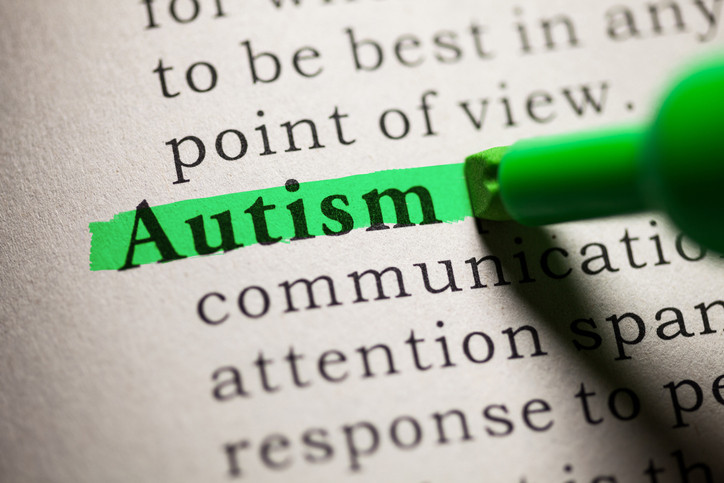
Can white noise really help you sleep better?

Celiac disease: Exploring four myths

What is prostatitis and how is it treated?

What is Cushing syndrome?

Exercises to relieve joint pain

Think your child has ADHD? What your pediatrician can do

Foam roller: Could you benefit from this massage tool?

Stepping up activity if winter slowed you down

Common causes of cloudy urine

Dragon fruit: How to enjoy this antioxidant-rich fruit
Child & Teen Health Archive
Articles
Got children? How to get out the door on time
Having trouble getting younger kids ready to leave home on time in the morning? Try these strategies to motivate them to accomplish morning-routine tasks.
How to foster independence in children
If you’re a parent, part of your role is to prepare your children for adult life by teaching and otherwise encouraging independence. But how does one start to do this?
Which is better for reading to your toddler: Print or ebooks?
When reading to a young child, does it matter whether the book is a physical book or in some electronic form? One small study did detect a difference.
Think your child might have a disability or developmental delay? Take these steps
If you think your child may have a disability or problem with development, it’s important to seek help as soon as possible. Talk to your doctor, and seek an evaluation, if needed.
Making young minds resilient to disasters
Trauma from experiencing a natural disaster can have long-term effects on the mental and physical health of children. Supportive parents, teachers, and other adults can help children build resilience.
Recurrent headaches in children: What to know and do
Most children have an occasional headache, but some children get recurrent headaches. These often run in families and may be migraine or tension headaches or might stem from other causes.
Too old for the pediatrician? Time to switch doctors
Wondering how a teen or young adult can smoothly smoothly transition from seeing a pediatrician to a medical practice that treats adults? Making plans and taking these steps will help.
Different types of heart murmurs
Ask the doctor
Q. My 2-year-old grandson has a heart murmur. His pediatrician says it's likely nothing serious and will probably disappear when he's older. What causes heart murmurs in children? Are they different than those found in adults?
A. A heart murmur refers to a noise heard through a stethoscope that occurs between the heart's regular beats. Often described as a whooshing sound, murmurs are caused by turbulent blood flow. They can be separated into two categories: functional (also called innocent or benign murmurs) and structural (also known as pathologic murmurs).
How early can you — and should you — diagnose autism?
If a parent thinks a child might have autism, it helps to get a definitive diagnosis as early as possible, since the earlier treatment can begin, the better it is for the child. But at what age can a reliable diagnosis be made?

Can white noise really help you sleep better?

Celiac disease: Exploring four myths

What is prostatitis and how is it treated?

What is Cushing syndrome?

Exercises to relieve joint pain

Think your child has ADHD? What your pediatrician can do

Foam roller: Could you benefit from this massage tool?

Stepping up activity if winter slowed you down

Common causes of cloudy urine

Dragon fruit: How to enjoy this antioxidant-rich fruit
Free Healthbeat Signup
Get the latest in health news delivered to your inbox!
Sign Up











